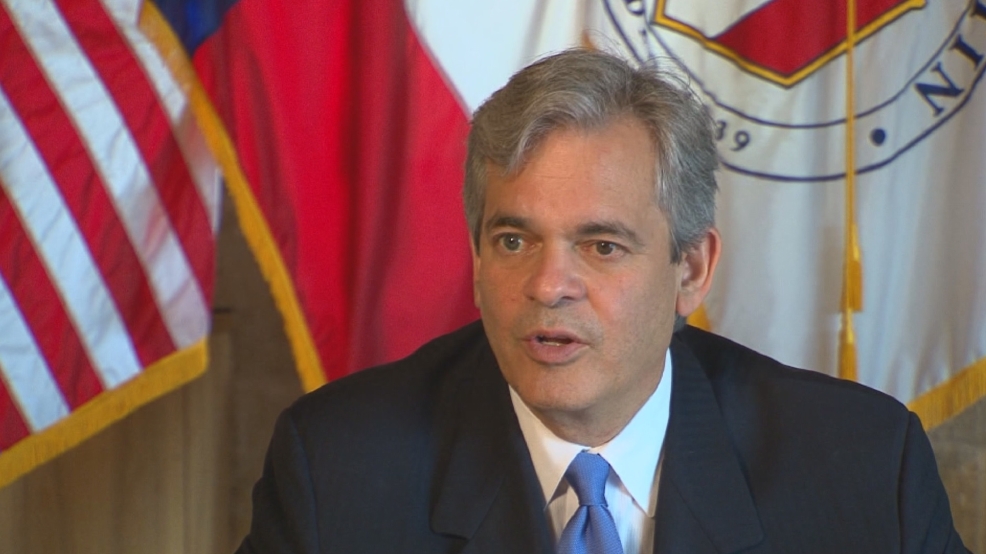Kourosh Ziabari – CFJ: Steve Adler is the Mayor of Austin, Texas. He is Jewish but his advocacy for the rights of Muslims and immigrants and his vocal resistance against the exclusion of minorities from important social and political decision-makings have made him a popular politician and lawyer nationally and internationally.
He has been a practicing attorney in Austin in the areas of eminent domain and civil rights for some 35 years. A noted member of Democratic Party, Mayor Adler was named by the Foreign Policy magazine as one of the top 100 global thinkers in 2017.
I did a brief interview with Steve Adler to ask him questions about President Donald Trump’s Muslim ban and how immigrants and minorities are doing these days in Austin, Texas.
Q: President Donald Trump’s executive order 13769 and his subsequent amendments of that order, which block the entry of nationals of seven Muslim-majority countries into the United States paved the way for the emergence of a new wave of anti-Muslim sentiments in the United States. Do you think he is going to tone down his anti-Muslim rhetoric?
A: I have no way to answer that except to say that in Austin we will continue to speak out against discrimination of any kind.
Q: What do you think about the human cost of the Muslim ban and the way it has shattered lives, separated family members from each other and created chaos and disorder at the airports? Enforcing the ban was one of President Trump’s campaign promises. Do you think it was a wise and prudent decision?
A: In Austin, we have seen an influx of refugees from these countries slow to almost nothing. We have thousands of refugees living in Austin, and there has not been the slightest disruption to our way of life in the slightest. We’re good at welcoming new people and new ideas here.
Other than cutting off the influx of refugees, we’ve seen it become harder for some University of Texas students and faculty to travel. We’ve seen some musical acts coming in for SXSW get caught up in the ban. And our large tech employers – Google, Dell, Apple, and the like – have had some disruption in the ability of their employees to travel. We don’t agree with this decision.
Q: As a lawyer and mayor, you have always thrown your weight behind Muslims and minorities, saying that they are welcome in your town and you protect them from bigotry and xenophobia. Is this determination to help patriotic, law-abiding Muslims and save them, a national agenda or a choice made by individual politicians like yourself occasionally?
A: Before I became Mayor I was a civil rights lawyer and active in the local chapter of the Anti-Defamation League. Sticking up for marginalized people is part of my DNA and of this city’s as well. It’s largely a personal choice, but it keeps coming up because of national factors.
Q: Do you think the media and the educational system in Texas and the United States in general are doing enough to raise awareness of the role of Muslim Americans in the daily life and public services and ensure that they are not frequently held responsible for the wrongdoings of terrorists here and there?
A: I can only speak to the media in Austin, which I think does a great job of portraying Muslim Americans just like everyone else.
Q: Do you think President Trump can undo the positive impacts of efforts by former President Barack Obama during his eight years in office who tried to build strong relationships with America’s minorities by paying visits to mosques, meeting the leaders of Muslim groups and promoting tolerance and mutual respect in his speeches?
A: There will be a cost. We don’t know how dear it will be.
This interview was originally published on the website of Center for Journalism.

